In a bold move amid shifting global dynamics, French President Emmanuel Macron announced on Wednesday, March 5, 2025, that France is considering extending its nuclear arsenal’s protection to its European allies. Speaking via a live broadcast on his official social media platforms, Macron emphasized the need for Europe to bolster its defenses and prepare for a future where the United States might not stand as a steadfast partner in the ongoing Ukraine-Russia conflict. His remarks signal a potential reorientation of European security as tensions with Russia persist.
Macron framed the proposal as a strategic necessity, urging Europe to take greater control of its fate. “Our nuclear deterrence is sovereign, fully French, and offers us unmatched protection,” he declared, highlighting its potential to safeguard not just France but the broader continent. He argued that Europe must shed its spectator role in the face of Russian aggression, warning that passivity could prove disastrous in this “new era” of geopolitical uncertainty. The French leader’s call to action comes as the war in Ukraine continues to test the resilience of European unity and NATO’s cohesion.
While reaffirming France’s commitment to NATO and its historic alliance with the United States, Macron stressed the importance of enhancing Europe’s autonomy in defense matters. “We cannot rely solely on others forever,” he said, pushing for a stronger, self-reliant European security framework. His proposal to share France’s nuclear umbrella—a cornerstone of its military sovereignty—marks a significant departure from traditional reliance on American power, reflecting concerns about U.S. priorities under shifting administrations.
In a proactive step, Macron revealed plans to host European leaders in Paris next week to devise a roadmap for lasting peace in Ukraine. He floated the idea of deploying peacekeeping forces post-conflict to deter Russian re-invasion, a move that could redefine Europe’s role in stabilizing the region. This initiative aligns with recent calls from Germany’s probable next chancellor, Friedrich Merz, who has advocated for dialogue with France and the United Kingdom—Europe’s nuclear powers—to expand their protective reach across the continent.
Macron’s announcement reverberates beyond France, challenging Europe to rethink its defense posture amid an unpredictable Russia and a potentially wavering U.S. commitment. For allies, the prospect of huddling under France’s nuclear umbrella offers both reassurance and complexity, raising questions about sovereignty, cost, and NATO’s future. As leaders prepare to convene in Paris, Macron’s vision could herald a turning point—either galvanizing a more assertive Europe or exposing its fault lines. With the clock ticking, his gambit underscores a continent at a crossroads, forced to confront its vulnerabilities and chart a path forward.

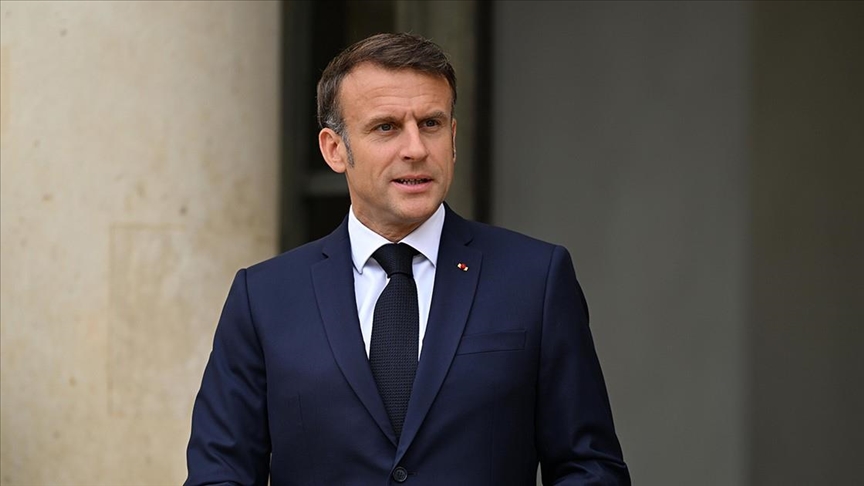


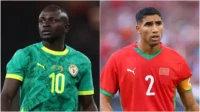
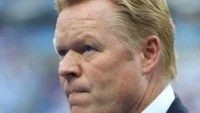
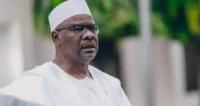
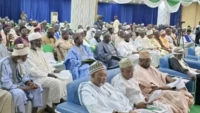
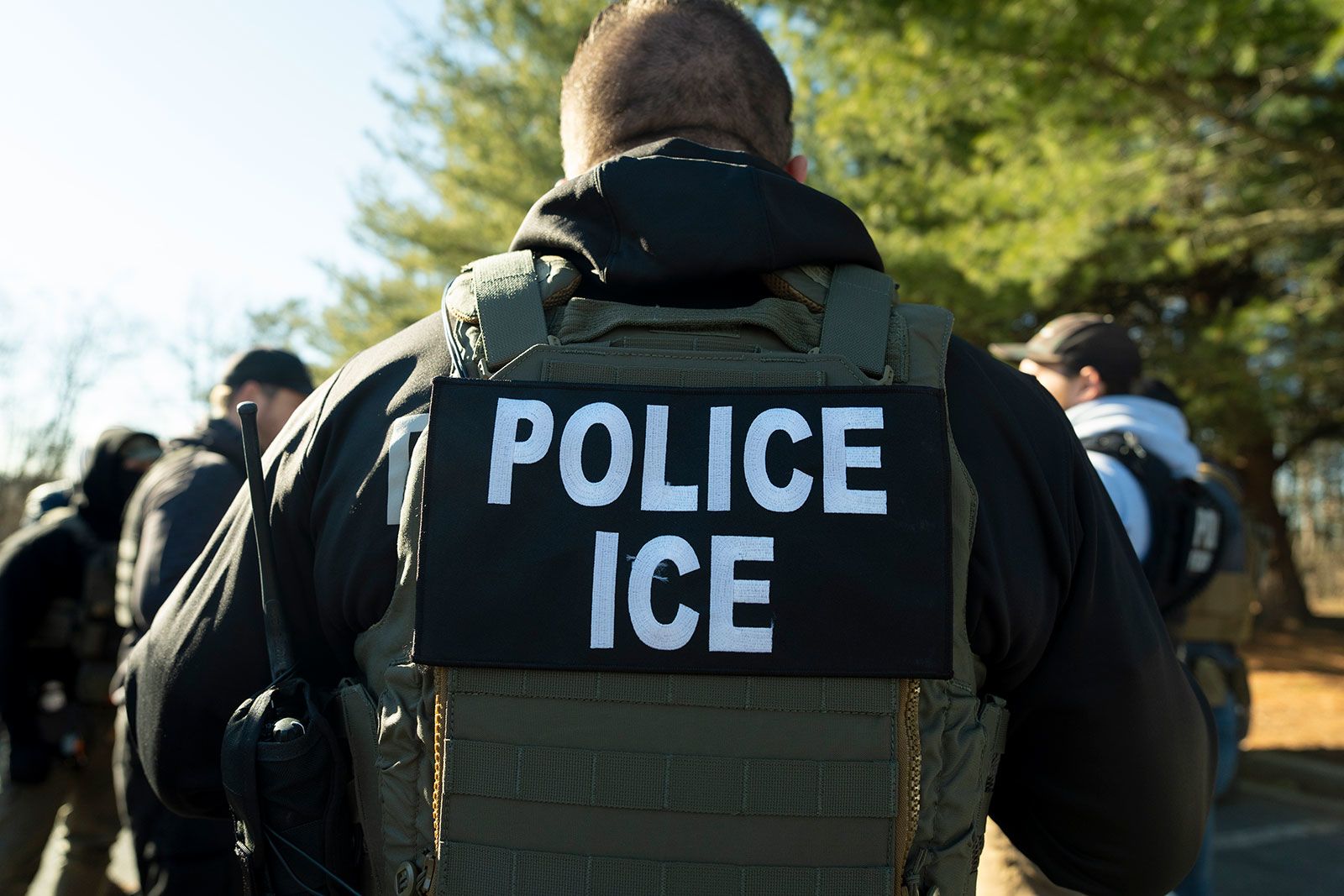
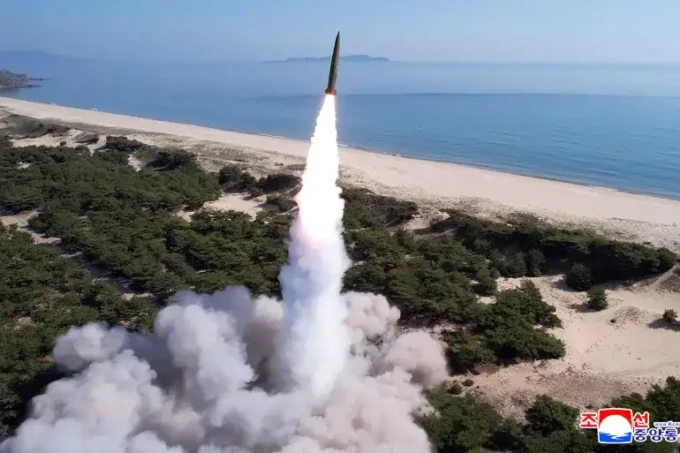

Leave a comment